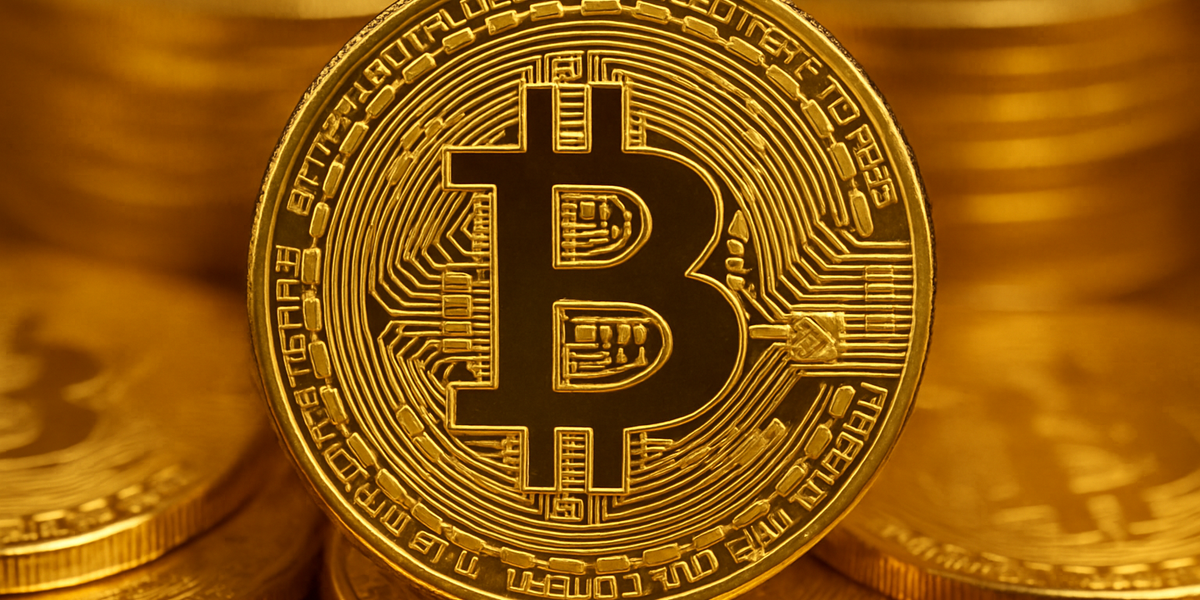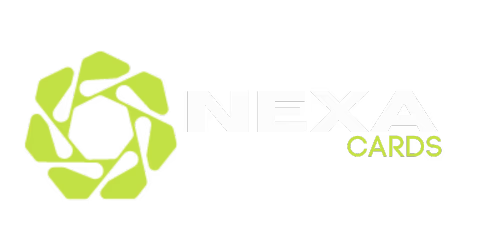
Best Crypto Wallet — Secure, Low-Fee Choice | Nexa Cards Solutions Ltd 2025
In the rapidly evolving cryptocurrency space, choosing the best crypto wallet is critical to safeguarding your digital assets, managing transactions.
Overview
In the rapidly evolving cryptocurrency space, choosing the best crypto wallet is critical to safeguarding your digital assets, managing transactions efficiently, and maintaining peace of mind. As more individuals and institutions adopt crypto, the demand for reliable wallets has surged. According to Grand View Research, the global crypto wallet market is projected to grow from around USD 12.59 billion in 2024 to over USD 100.77 billion by 2033, at a CAGR of 26.3% (https://www.nexacards.com/support). That growth underscores how essential wallet solutions are to the crypto infrastructure.
In this article, we will analyze what makes a wallet truly stand out as the best crypto wallet, explain how they work, dive into security, fees, comparisons, and guide you to get started. We’ll also link to valuable resources and alternate solutions to help you choose wisely.
Primary keyword usage: “best crypto wallet” appears in this introduction and will be woven naturally throughout.
Why Choose This Wallet?
When seeking the best crypto wallet, you need more than just storage. You want a solution that balances security, usability, compliance, cost, and advanced features. Here are the key considerations:
- Security & Trustworthiness: The wallet must protect private keys and guard against hacks, phishing, and insider threats.
- Ease of Use: Even if you’re a beginner, the wallet should have an intuitive UI for sending/receiving crypto, checking balances, and integrating with exchanges or DeFi.
- Multi-Asset & Multi-Chain Support: The wallet should support a broad spectrum of coins and chains (e.g. Ethereum, BNB Chain, Solana, etc.).
- Compliance & Transparency: It’s ideal if the provider adheres to KYC/AML standards (if custodial) or provides transparent open-source software (for non-custodial).
- Cost Efficiency: Lower fees (transaction, withdrawal, exchange) are important, especially for frequent users.
- Integration & Ecosystem: Ability to connect with exchanges, DeFi protocols, staking, NFTs, etc.
A wallet that meets these criteria can legitimately claim the label best crypto wallet for many users.
In the rest of the article, we’ll detail how such a wallet works and evaluate trade-offs.
How It Works
A crypto wallet enables users to store, send, and receive cryptocurrencies using cryptographic key pairs. Here's a simplified step-by-step:
- Generate Key Pair The wallet software (or hardware device) generates a private key and a public key (or address derived from it). The private key is secret and used to sign transactions. The public address is what you share to receive funds.
- Store Keys (Hot or Cold)
- •Hot wallets (software, mobile, web) keep keys accessible online.
- •Cold wallets (hardware devices, paper wallets) keep keys offline, reducing exposure to internet attacks.
- Broadcasting Transactions When you want to send crypto, the wallet creates a transaction, signs it with your private key, then broadcasts it to the blockchain network. Nodes validate it, and once included in a block, the transfer is final.
- Balance & History Tracking The wallet software queries blockchain explorers or nodes to fetch your balance and transaction history, matching your address.
- Advanced Features Many modern wallets support:
- •Swaps/bridges: internal token exchange
- •Staking: delegate or stake coins from the wallet
- •DeFi interactions: connect to protocols via wallet interface
- •Recovery & backup: seed phrases or hardware backups
Thus, a wallet is more than storage: it’s your portal into the crypto ecosystem.
Security & Compliance
Security
Security is the foundation of any wallet claiming “best crypto wallet.” Key security facets include:
- •Private Key Protection: The wallet must ensure private keys never leave a secure environment (e.g., hardware element or encrypted enclave).
- •Multi-Factor & Biometric Protection: Extra layers (PINs, biometrics) help prevent unauthorized access.
- •Anti-Phishing Measures: Wallets should guard against address poisoning attacks or fake token displays. Recent research found that many Ethereum wallets still fail to warn users when transferring to phishing addresses .
- •Open Source / Audits: Open code and third-party security audits build trust.
- •Firmware Updates: Hardware wallets must regularly update firmware to patch vulnerabilities.
- •Isolation & Sandboxing: Modern wallets place sensitive operations in isolated modules to reduce risk from buggy UI layers.
Compliance
Depending on whether the wallet is custodial (they hold keys) or non-custodial (you hold keys), compliance requirements differ:
- •Custodial Wallets often require KYC/AML verification per regulatory norms. This adds legal safety but may reduce anonymity.
- •Non-Custodial Wallets typically don’t have KYC but must ensure they don’t facilitate illicit activity.
- •Regulatory Certification: Some wallets may obtain certifications (ISO, SOC, etc.).
- •Geo Compliance: Some features (like fiat on-ramps) may be restricted in certain jurisdictions.
For a wallet to be credible as the best crypto wallet, it must strike a balance — strong security without sacrificing compliance or legal exposure.
Compare Alternatives
No one wallet fits everyone. Below are some representative alternatives and how they compare to the "ideal" wallet.
- Ledger & Trezor (Hardware wallets)
- •Pros: Excellent cold storage, strong security
- •Cons: Higher upfront cost; usability less flexible
- •Best for: Long-term holders and users managing large amounts
- MetaMask, Trust Wallet (Software wallets / hot wallets)
- •Pros: Very easy to use, browser/phone integration, wide DeFi support
- •Cons: More exposed to phishing, browser exploits
- •Best for: DeFi users, quick trades, lower balances
- Custodial Exchange Wallets (Binance, Coinbase Wallet etc.)
- •Pros: Easy fiat on/off ramp, exchange integration
- •Cons: Custody risk, KYC required, possibly higher withdrawal fees
- •Best for: Beginners or users who prefer convenience
- Multi-signature & Institutional Wallets (e.g. BitGo, Fireblocks)
- •Pros: Enterprise grade security, policy controls, approvals
- •Cons: Higher complexity, cost
- •Best for: Businesses, institutions
- Hybrid Solutions Some wallets offer both hot and cold modes or custody optionality. These can be compelling middle ground.
All these alternatives have trade-offs. The best crypto wallet in your case could be a hybrid solution that gives you security, flexibility, and ease of use. Always weigh usability vs security.
FAQs
Q: Which is safer — hardware or software wallets? A: Hardware wallets (cold storage) are safer against online attacks, while software wallets (hot wallets) are more convenient but more exposed. The best approach is often to keep majority funds in hardware and everyday small funds in a trusted software wallet.
Q: Can I recover my wallet if I lose my device? A: Yes, via your seed phrase (typically 12–24 words). You must keep it offline and secure. No wallet provider can recover it for you if you lose it.
Q: Does “best crypto wallet” mean it supports all tokens? A: Not necessarily all, but broad support across major blockchains and popular tokens is often expected. Check token compatibility before committing.
Q: Are there fees for just holding crypto in wallets? A: In non-custodial wallets, you typically don’t pay “storage fees.” You pay network transaction fees when sending or interacting with protocols. Custodial wallets might charge maintenance or inactivity fees.
Q: Is open source important? A: Yes — open source increases transparency and allows security researchers to audit. If a wallet is closed source and proprietary, you have to trust the provider more blindly.
Q: How often should I update firmware / software? A: Immediately — updates often patch security vulnerabilities. Avoid skipping.
Get Started
Here’s a step-by-step path to start using a strong crypto wallet:
- Visit the [About](https://www.nexacards.com/about) page of your chosen provider to understand their mission, transparency, and credibility.
- Explore [How It Works](https://www.nexacards.com/) to see the architecture, custody model, and UI flow.
- Review [Pricing](https://www.nexacards.com/pricing) to understand fees, limits, and tiers.
- Use [Contact](https://www.nexacards.com/contact) if you have questions or need support before committing.
- Download or acquire the wallet (hardware or software), back up the seed phrase offline, and do a small test transaction first.
- Gradually migrate your assets once confident.
With this methodical approach, you can adopt what you believe to be the best crypto wallet for your needs safely and wisely.

